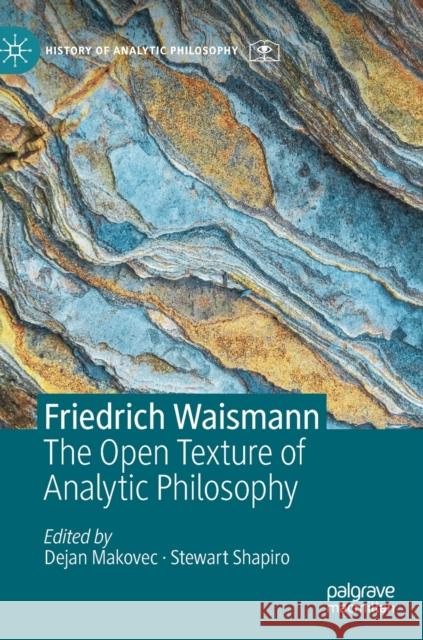Friedrich Waismann: The Open Texture of Analytic Philosophy » książka
topmenu
Friedrich Waismann: The Open Texture of Analytic Philosophy
ISBN-13: 9783030250072 / Angielski / Twarda / 2019 / 343 str.
Friedrich Waismann: The Open Texture of Analytic Philosophy
ISBN-13: 9783030250072 / Angielski / Twarda / 2019 / 343 str.
cena 523,30
(netto: 498,38 VAT: 5%)
Najniższa cena z 30 dni: 462,63
(netto: 498,38 VAT: 5%)
Najniższa cena z 30 dni: 462,63
Termin realizacji zamówienia:
ok. 16-18 dni roboczych.
ok. 16-18 dni roboczych.
Darmowa dostawa!
Kategorie BISAC:
Wydawca:
Palgrave MacMillan
Seria wydawnicza:
Język:
Angielski
ISBN-13:
9783030250072
Rok wydania:
2019
Wydanie:
2019
Numer serii:
000380819
Ilość stron:
343
Waga:
0.58 kg
Wymiary:
21.01 x 14.81 x 2.06
Oprawa:
Twarda
Wolumenów:
01
Dodatkowe informacje:
Wydanie ilustrowane











